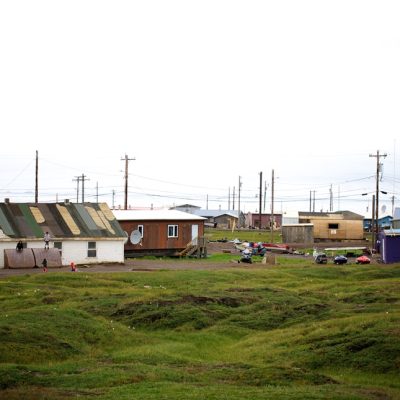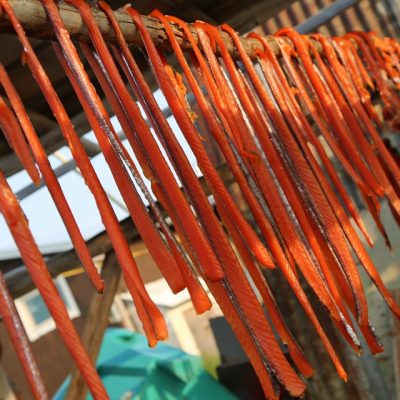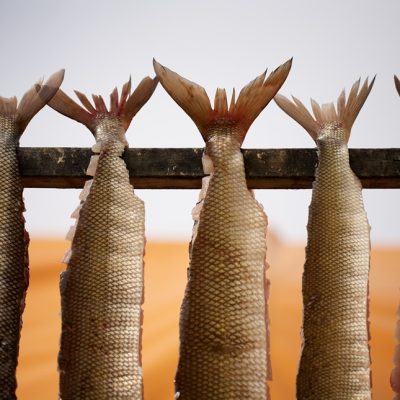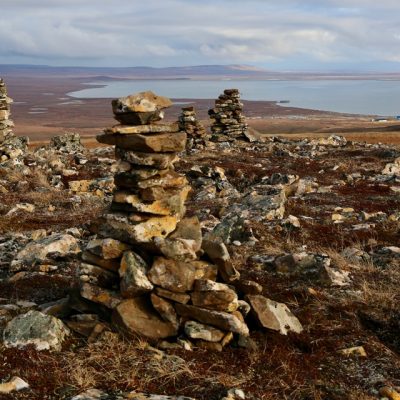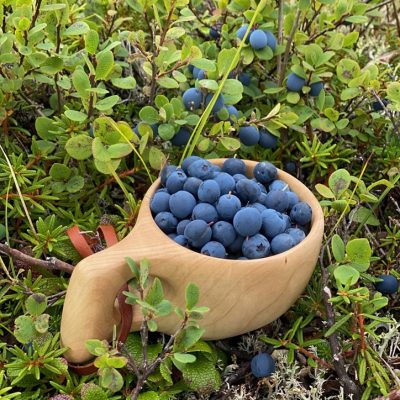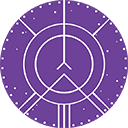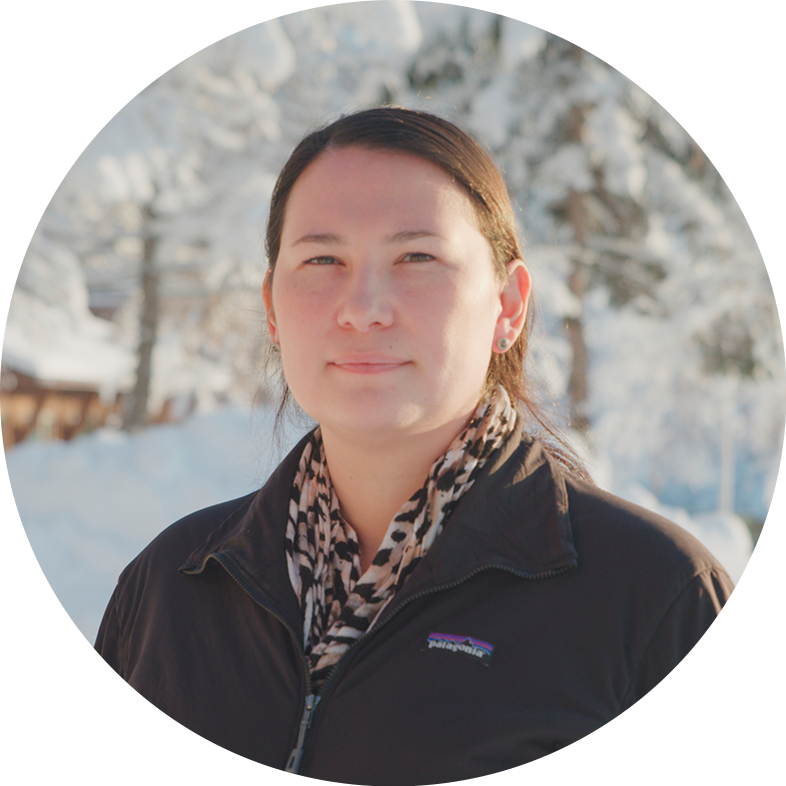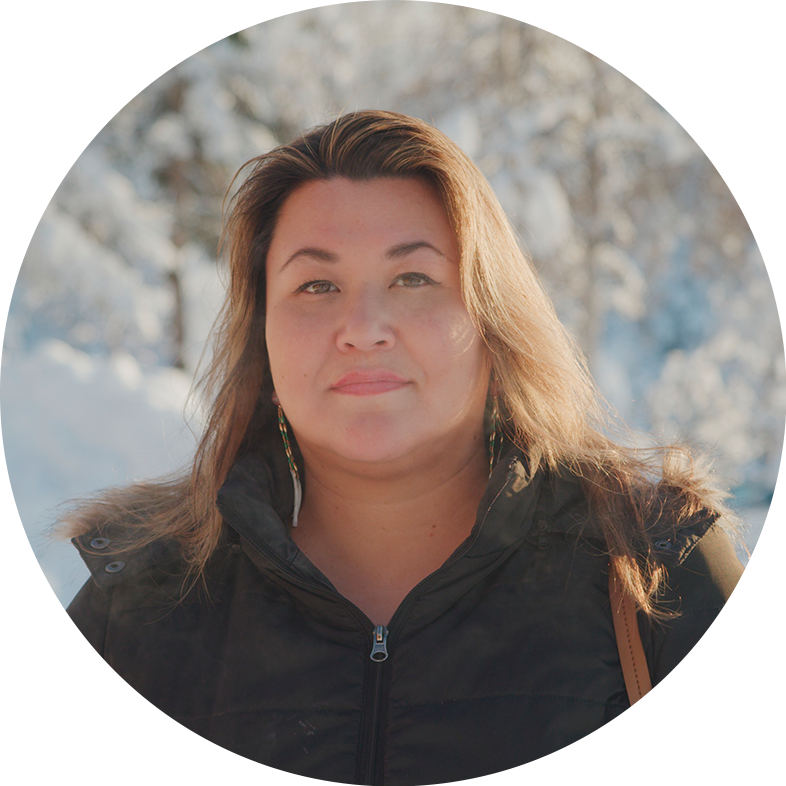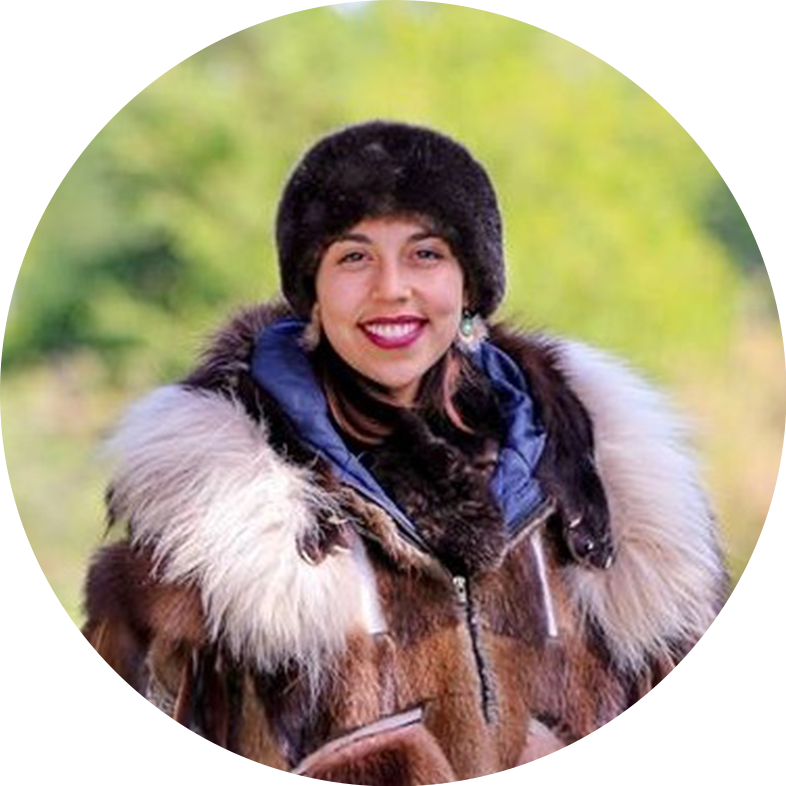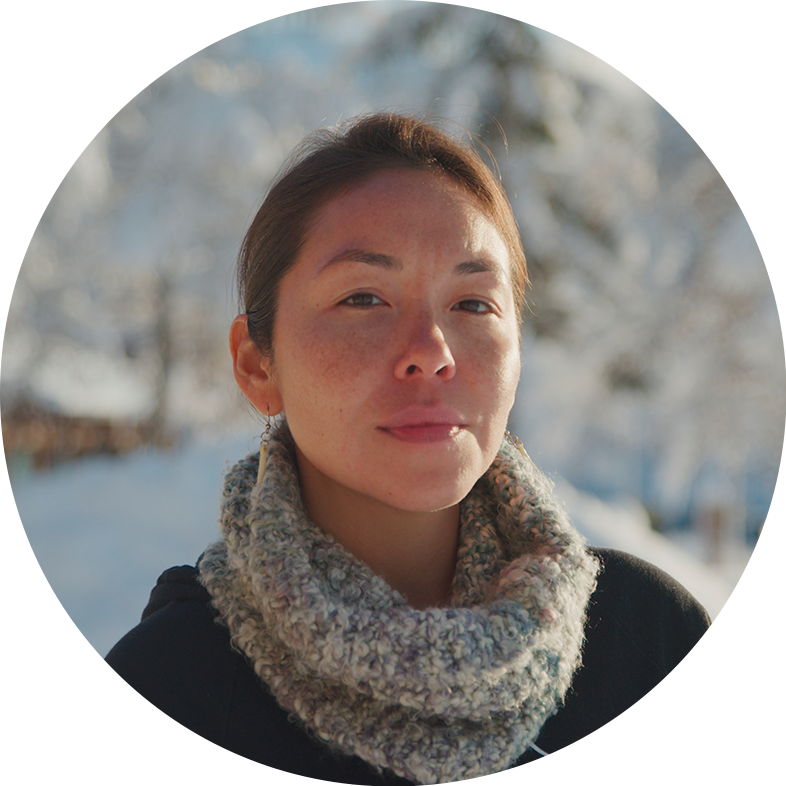
2024 Season of Aywaa Programming
Home / 2024 Season of Aywaa Programming
2024 Season of the Aywaa Storyhouse
Reclaiming and Amplifying Narrative Sovereignty and Equity by and for Alaska Native Peoples through the Arts.
Grounding Strategy
Creating a strong foundation to build multi-generational, statewide, systemic change and narrative shift by Program Development and Thought Leadership.
Program Development: Theory of Impact, Data Collection and Storage Policies, Program Evaluation Plan
Thought Leadership: Alaska Native Storyworkers Guild & The Alaska Native Storytelling Protocols
Building Community
Fostering, supporting, and capacity building for a community of
Artists and Thought Leaders in the space of Narrative Sovereignty.
2024 Storytelling Lab Series –Commissioning 12 Alaska Native Artists to create new works and share in their Storymaking process.
Alaska Native Artist’s Workshop – Hosting a year-long Community of Practice for Alaska Native Artists.
Writing Retreat– Providing support for one Alaska Native Storyworker to share in the documentation and development of their own work and approach.
Strengthening Communications
Activating, amplifying, and encouraging Alaska Native Storywork.
Establishing Communications Plan and Strategy to elevate and showcase Alaska Native Storymaking through Aywaa Storyhouse social media and website channels.
Fostering Reciprocity with our Community by developing a practice and process to foster Narrative Sovereignty for all Alaska Native artists and communities.
